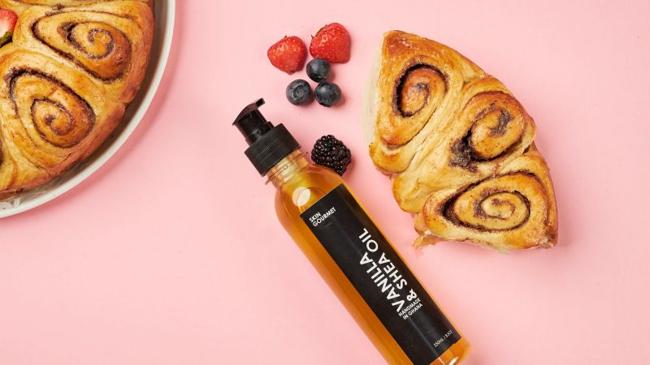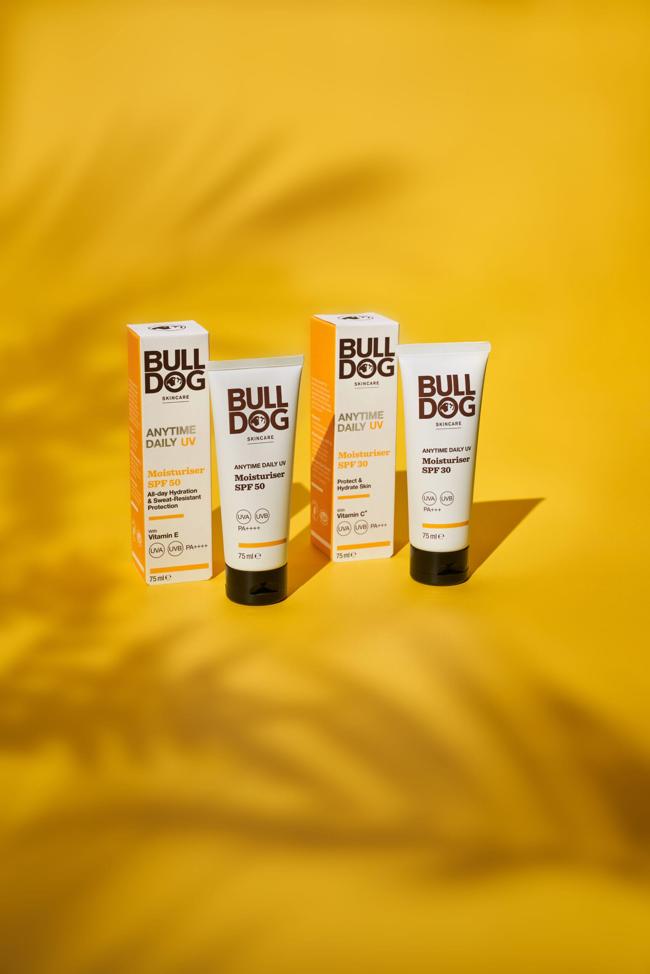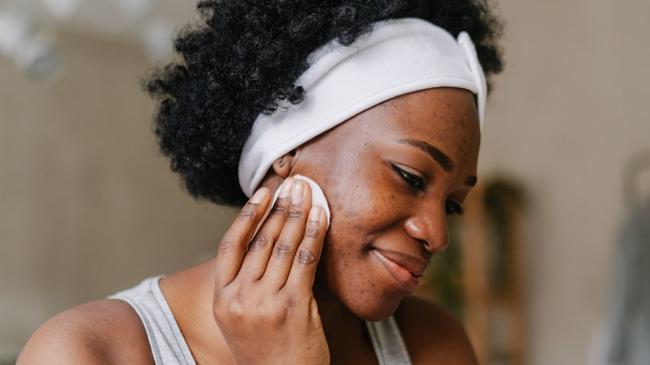Summary
No gimmicks, no toxins, no waste. Thats the thinking behind Ghanaian company Skin Gourmet, whose products use locally sourced edible ingredients.
Source: CNN

AI News Q&A (Free Content)
Q1: What makes Skin Gourmet's edible skincare products unique compared to conventional skincare products?
A1: Skin Gourmet's edible skincare products stand out because they are made from raw, locally sourced Ghanaian ingredients that are safe enough to eat. Their approach eliminates synthetic chemicals, toxins, and unnecessary additives, focusing on purity and transparency. The company's philosophy centers on sustainability—using ingredients like shea butter, coconut oil, and moringa, which are known for their nourishing properties and minimal environmental impact. This approach appeals to consumers seeking natural alternatives to conventional skincare, which often rely on synthetic compounds linked to potential skin irritation and environmental harm.
Q2: What does scientific research say about the health effects and safety of organic skincare ingredients?
A2: Recent scientific research highlights that organic skincare ingredients—such as plant-based oils and extracts—generally have a high safety profile and fewer adverse effects compared to synthetic ingredients. A 2025 study on the use of L. pomace, a natural by-product rich in phenolic compounds, demonstrated potent antioxidant activity and a high safety margin in human skin models. These findings support the use of natural, sustainably sourced ingredients in skincare for their antioxidant properties and reduced risk of skin irritation or toxicity, reinforcing the principles behind brands like Skin Gourmet.
Q3: How do ingredient-based product attributes influence consumer trust in beauty product recommendations?
A3: A 2024 study introduced an explainable recommendation system for beauty products, using ingredient-based attributes to enhance accuracy and transparency. The research found that extracting and highlighting specific natural ingredients improved the explainability and trustworthiness of beauty recommendations. Consumers are more likely to trust products when they understand the function and origin of each ingredient, especially when those ingredients are natural and sustainably sourced.
Q4: Are there common myths associated with natural and organic skincare products, and what does evidence suggest?
A4: A prevalent myth is that all-natural skincare products are inherently safer or more effective than synthetic alternatives. However, while many plant-based ingredients have proven benefits, some natural ingredients can still cause allergic reactions or irritation in sensitive individuals. Scientific literature recommends evaluating each ingredient for safety and efficacy, regardless of its origin, although organic products typically have lower risk profiles and are less likely to contain harmful preservatives or synthetic fragrances.
Q5: What economic and environmental impacts does sourcing local, raw ingredients for skincare have in countries like Ghana?
A5: Sourcing local, raw ingredients for skincare, as practiced by Skin Gourmet, positively impacts the Ghanaian economy by supporting local farmers and producers. It encourages sustainable agriculture and reduces carbon footprint associated with transporting imported ingredients. Environmentally, this practice minimizes waste and promotes eco-friendly farming, while economically, it helps retain profits within the community, fosters job creation, and supports rural development.
Q6: How effective are simulation models in evaluating skincare product efficacy and what advancements have been made recently?
A6: A 2023 study introduced a novel simulation model to realistically predict facial pore changes after using skincare products, based on clinical data. The simulation can render realistic changes in skin condition, helping both researchers and consumers anticipate product outcomes. This technology marks a significant advancement in evaluating skincare efficacy, paving the way for more personalized and scientifically validated skincare recommendations.
Q7: Which locally sourced Ghanaian ingredients are commonly used in edible skincare, and what are their documented benefits?
A7: Common ingredients used in Ghanaian edible skincare include shea butter, coconut oil, baobab oil, and moringa. Shea butter is renowned for its moisturizing and anti-inflammatory properties; coconut oil provides antibacterial and hydrating effects; baobab oil is rich in vitamins and antioxidants; and moringa offers anti-aging and nourishing benefits. These ingredients have been documented in multiple studies for their efficacy in improving skin hydration, elasticity, and protection against environmental damage.
References:
- Skin care - Wikipedia: https://en.wikipedia.org/wiki/Skin_care
- Valorization of L.





